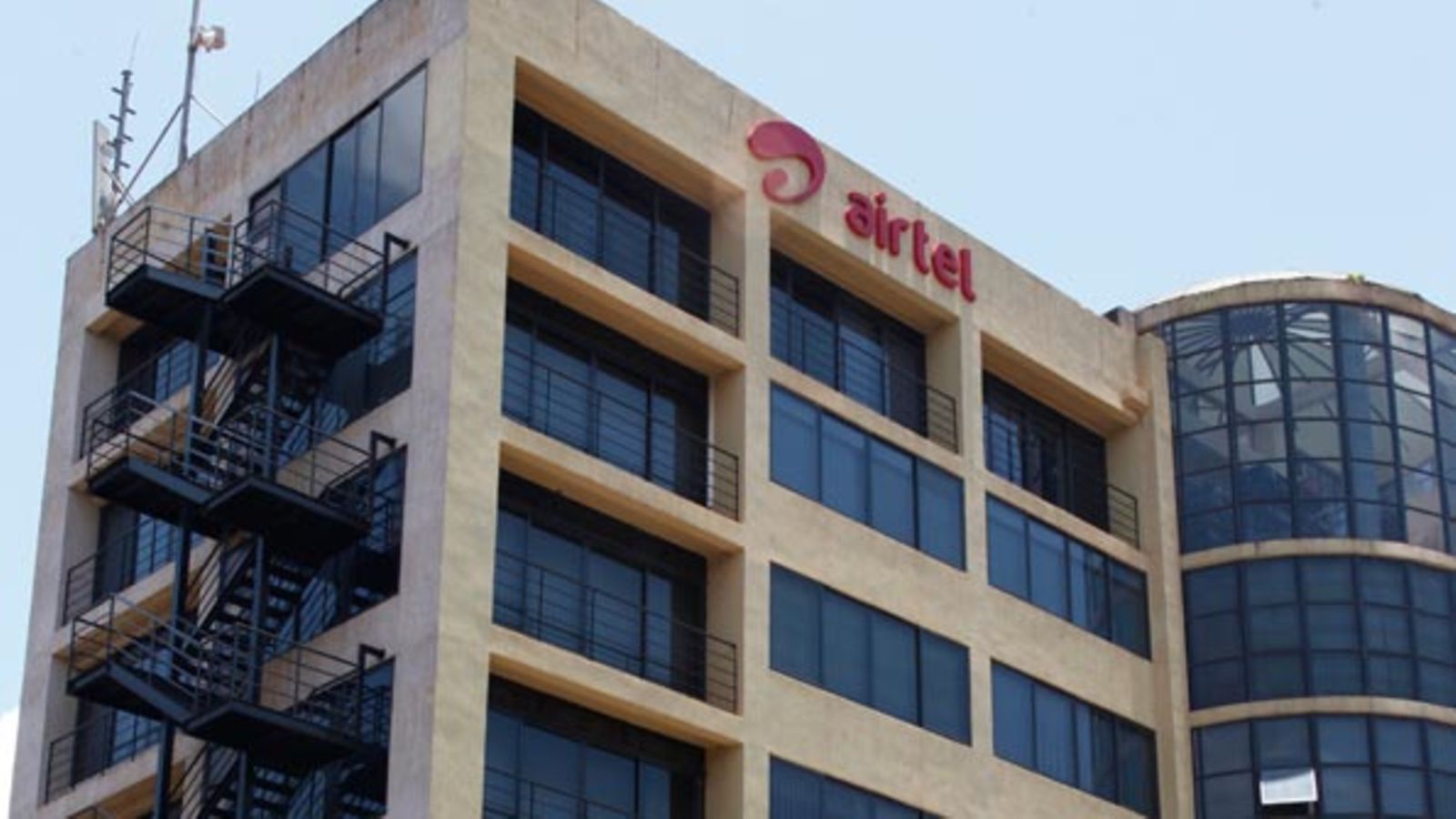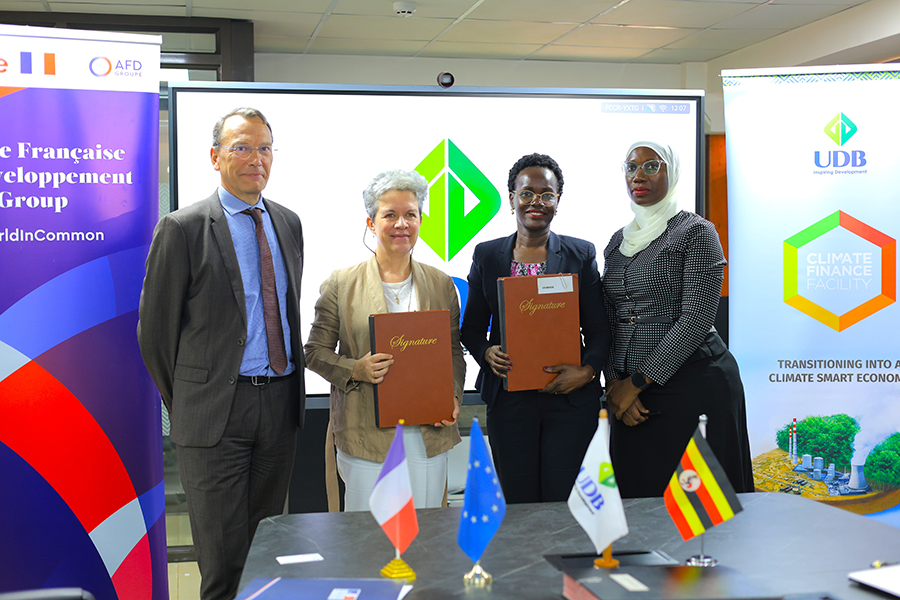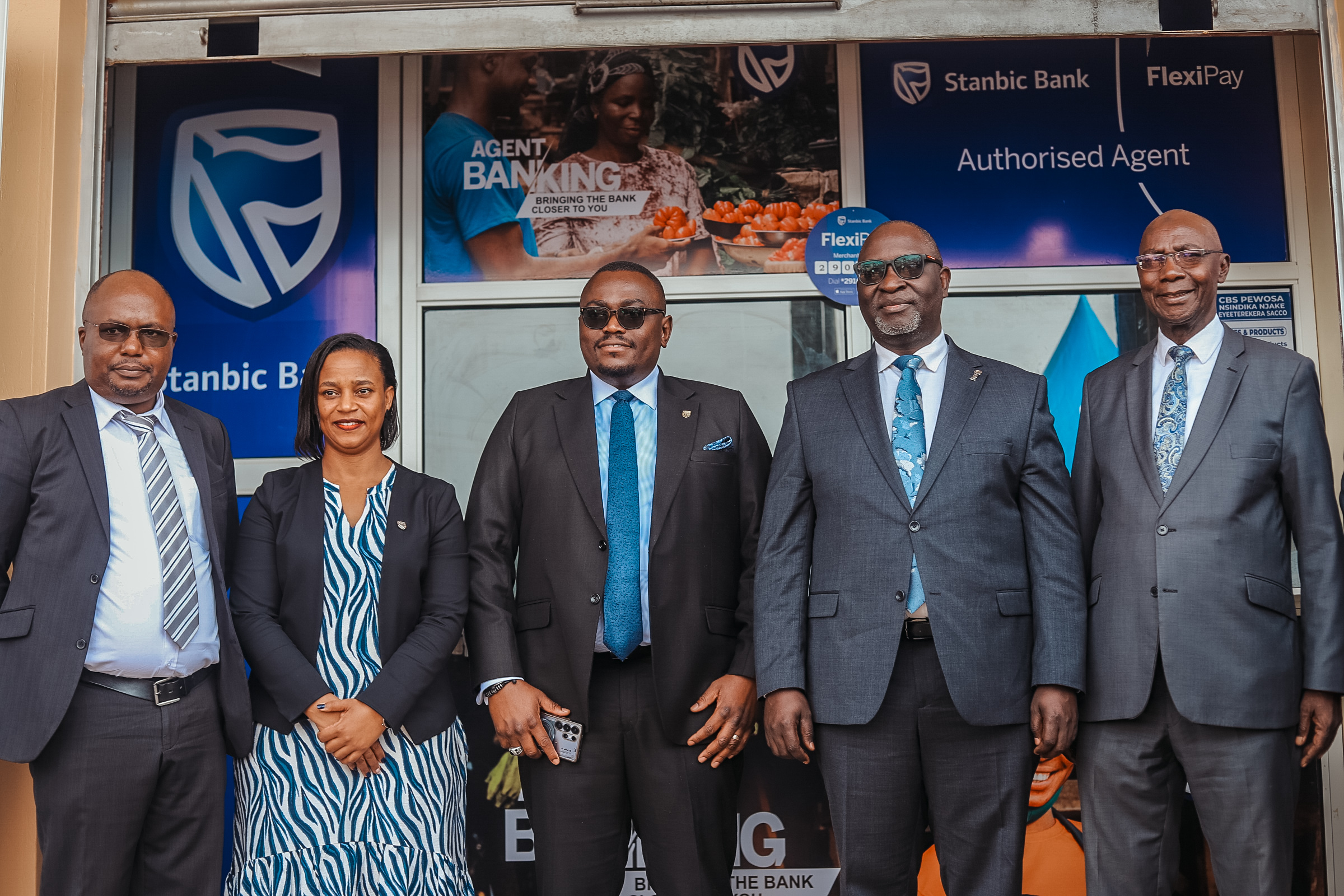Airtel Uganda posted impressive results for the first half of 2025, showing how the company is riding the wave of digital demand while navigating challenges like falling voice call revenues.
From the results, the telecom firm’s financial position as of June 30, 2025, reveals a healthier balance sheet with more cash on hand and less traditional debt, setting it up for further growth in a market where smartphones and internet access are becoming everyday essentials.
Breakdown
Airtel Uganda’s total assets (everything the company owns, like equipment, cash, and rights to use towers), grew by 18.5% to about Shs 2.6 trillion from the same period last year. This means the telecom firm has rapidly expanded and equipped itself to handle more work.
A big part of this came from investing in network infrastructure, such as adding 176 new sites and making all its towers 4G-ready, plus rolling out 150 more 5G spots.
On the income side, where we see how much money the company made, revenue climbed 12.3% to Shs 1.085 trillion . Think of revenue as sales from calls, data, and mobile money. The star performer was data services, which surged 30.4% to Shs 526 billion, now making up nearly half of total sales. This reflects the fact that Ugandan are using more internet . From the results, the firm’s average customer used almost 6 GB of data per month between January 1 and June 30, 2025.
Airtel’s customer base also expanded to 17.9 million, outpacing population growth.
Not all smooth sailing
From the half year results, revenue from voice (calls) declined. The firm attributed this to government’s decision to slash interconnection fees (the cost operators pay each other for cross-network calls) from Shs 45 to Shs 26 per minute last year.
Compared to the first half of 2024, this year’s performance looks stronger. In 2024, high costs ate into earnings, but in 2025, Airtel kept expenses flatter, boosting profits after tax by 28.7% to Shs 197 billion.
Looking at debts and obligations, Airtel slashed borrowings by 74% to Shs 170 billion, meaning less money owed to banks and lower interest payments. However, lease payments for towers and equipment rose 58% to Shs 1.24 trillion, as the company extended contracts to support its network push.
Airtel Uganda’s cash reserves quadrupled to Shs 88 billion, giving the firm a cushion in Uganda’s economy, where inflation hovered at 3.6%.
Soumendra Sahu, Airtel’s managing director, called it a “transformative” period, emphasising investments in customer experience like Africa’s first AI-powered spam alert service, which fights unwanted texts.
The company also partnered with UNICEF to connect 133 more schools to the internet, reaching over 40,000 students, and sponsored events like the Kabaka Birthday Run. These moves build goodwill in a competitive market dominated by Airtel and MTN, which together control over 90% of Uganda’s telecom sector.
Looking ahead, Airtel’s shift to data, where revenues now rival those from voice, mirrors global trends. With 98.9% population coverage and plans for more fibre, Airtel Uganda aims to hit 90% geographical coverage as required by its licence. Shareholders benefitted too as dividends rose to Shs 174 billion.
Experts see this as Airtel solidifying its position in East Africa’s digital economy, but warn of risks like regulatory changes or competition. Still, with profits soaring and cash flowing, Airtel Uganda looks set to keep connecting more Ugandans to the online world.








Nice article, I love the analysis